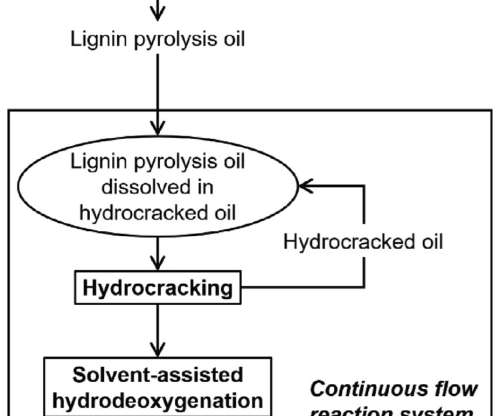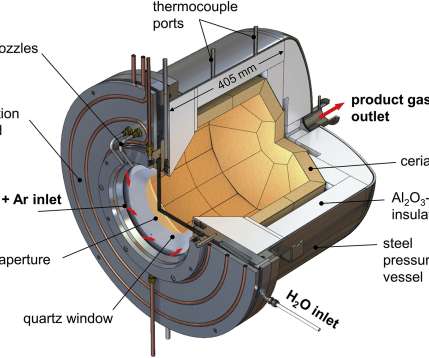KIST team develops technology for mass-production of lignin-bio-aviation fuels
Green Car Congress
JULY 20, 2020
The ability to produce aviation-grade fuel from oil derived from wood waste—which up until now has been difficult due to the high viscosity of the oil—could help international aviation companies comply with new emissions regulations scheduled to go into effect in 2027. Lignin constitutes 20 to 40 percent of lignocellulose.



































Let's personalize your content